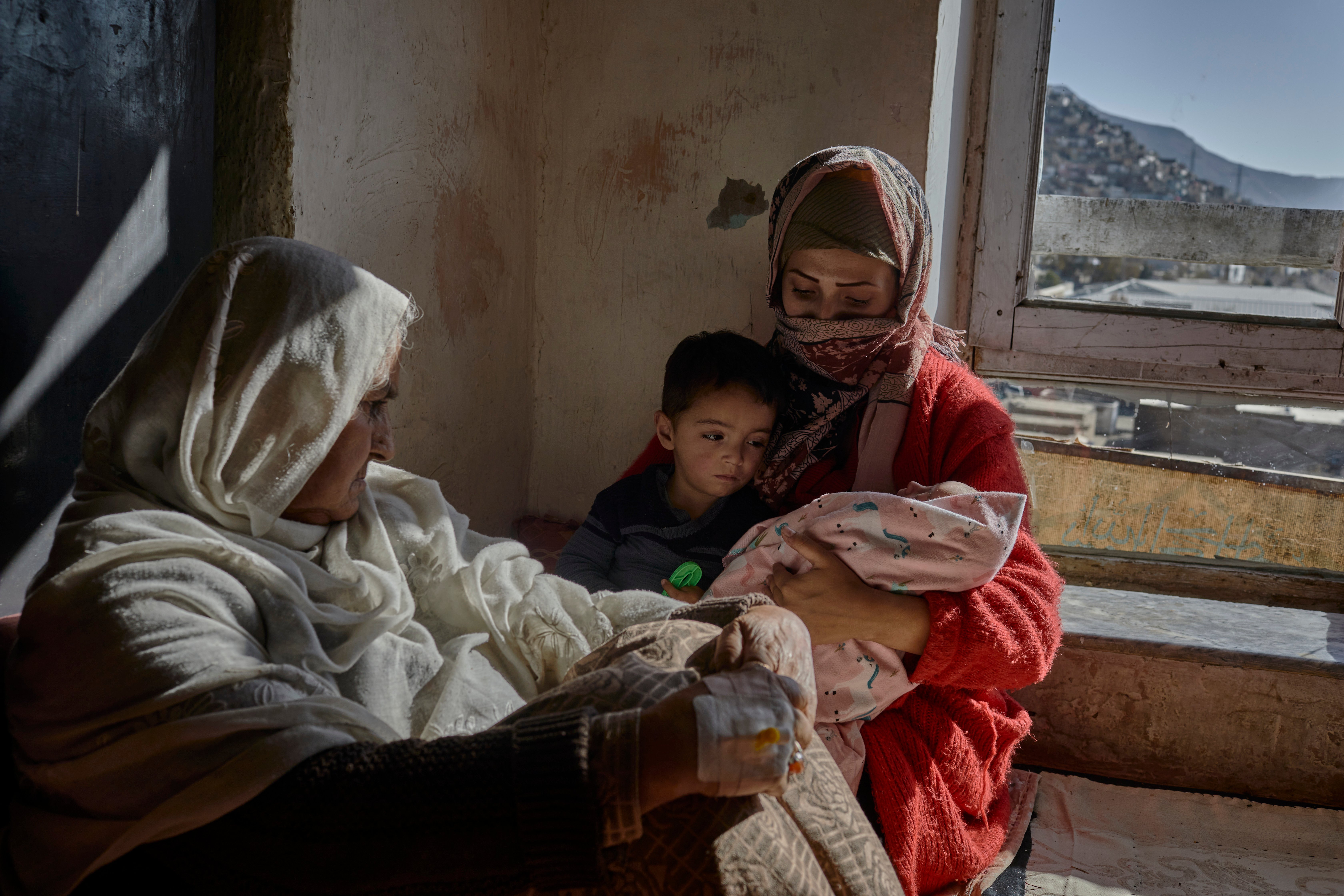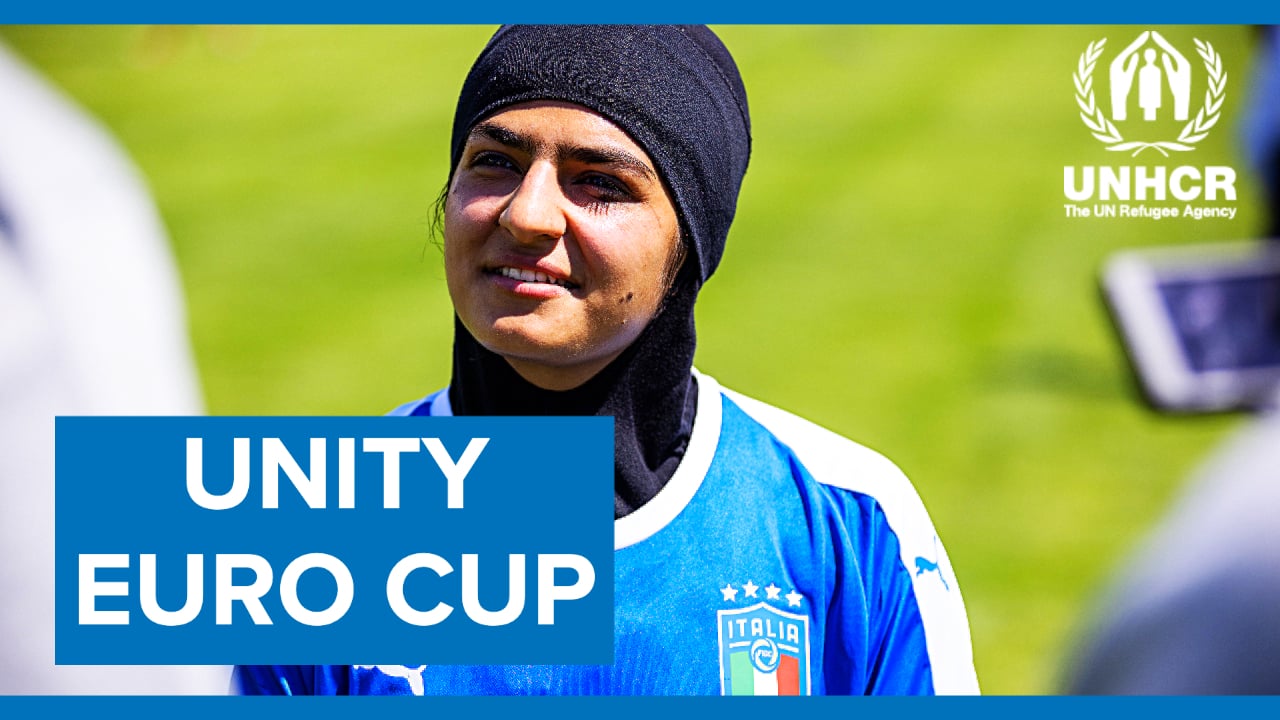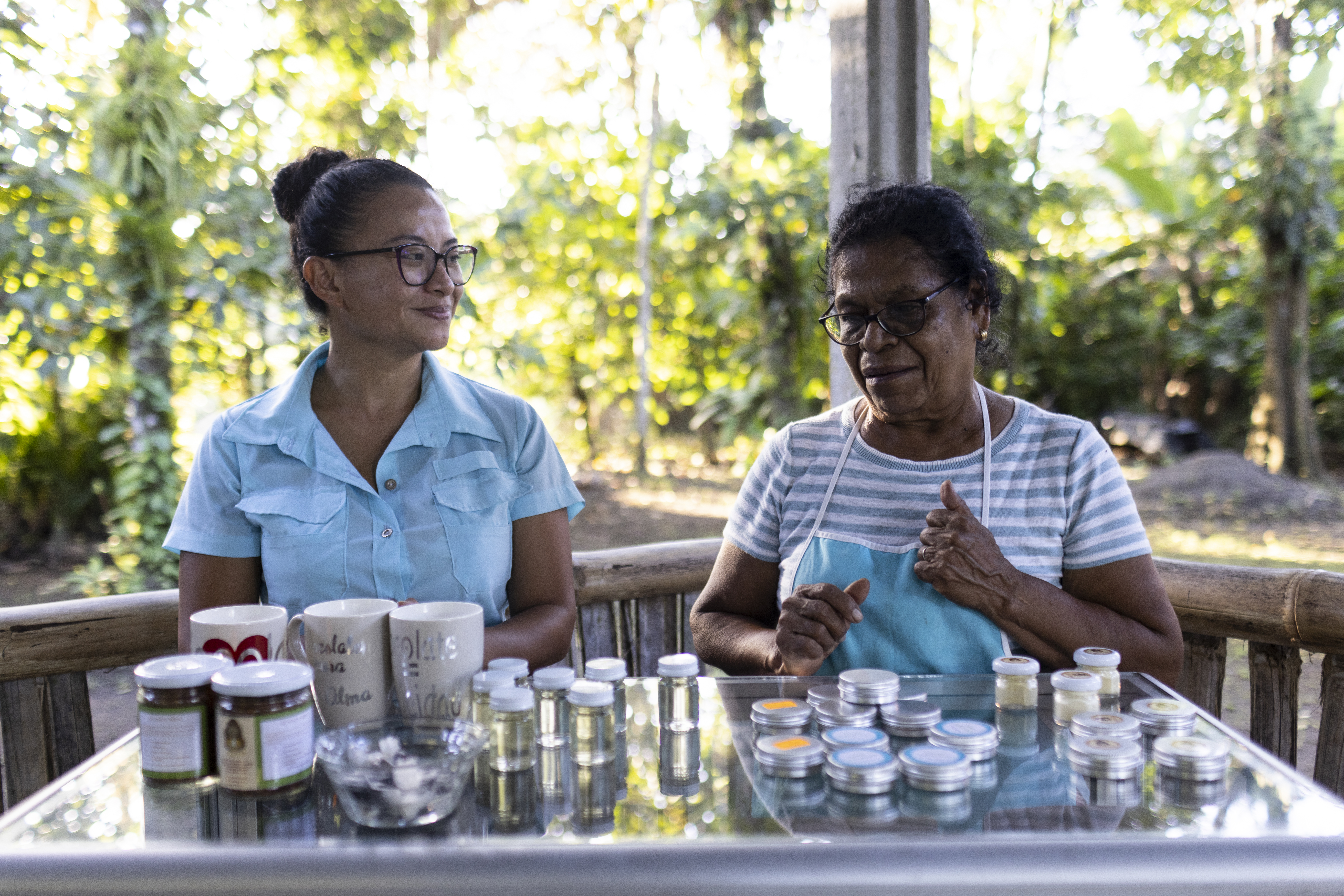UNHCR pledges to rebuild women's centre destroyed in northern Colombia
UNHCR pledges to rebuild women's centre destroyed in northern Colombia

GENEVA, January 23 (UNHCR) - The UN refugee agency pledged Tuesday to fund the reconstruction of a centre for displaced women and children that went up in flames at the weekend in the Colombian city of Cartagena.
Police are investigating Saturday's fire in the poor neighbourhood of Turbaco which destroyed a community centre run by the internationally recognised League of Displaced Women (Liga de Mujeres Desplazadas), a key UNHCR partner in northern Colombia.
The organisation, which has received frequent threats for its work on behalf of thousands of women and children displaced by violence in Colombia's Atlantic Coast region, claims the fire was the result of an arson attack.
"UNHCR will do everything it can to help the organisation overcome this crisis and continue its work with displaced women and their families. As a first step, we are offering more funds for the rebuilding of the centre, whose construction we had helped finance in 2004," chief UNHCR spokesman, Ron Redmond, told reporters in Geneva on Tuesday.
The centre, located in the League's "City of Women," was used as a meeting place and community kitchen and for human rights training for the local displaced population. It was soon to begin functioning as a school for some 140 children in the area.
UNHCR has been working with the League since 2001 and more than 2,000 people from all ethnic backgrounds have benefited from projects in the areas of women's and displaced people's rights as well as income generation and housing.
The League's members - especially its leaders - have received frequent threats and in the past two years, the local Ombudsman Office has repeatedly warned that the group was at high risk of targeted violence. In a separate report, the Ombudsman Office also warned of a generalised rise in threats and violence against community leaders in the Atlantic region - notably in large cities.
Following this report, an inter-constitutional committee recently issued an early warning alert on behalf of the government. "We are very concerned that many of our humanitarian partners and community leaders face an increasingly tense and volatile security situation in the entire Atlantic region," Redmond said.
The League of Displaced Women has won several human rights prizes and a nomination for the Colombian National Peace Prize in 2005.
It is one of several women's organisations that have become targets of Colombia's violence. In February 2004, for example, Marta Cecilia Aguirre, vice-chairperson and founding member of the UNHCR-supported Apartadó Displaced Persons Community Association, was murdered.
In September 2003, a member of a women's internally displaced people (IDPs) association in the southern city of Puerto Asís, Francis Girón Quilindo, was murdered. Another activist, Esperanza Amaris Miranda, was slain on October 16 that year in the city of Barrancabermeja. Other attacks and threats have been carried out against women involved in IDP groups in various parts of Colombia.
UNHCR has been working in Colombia since 1997 to back up the authorities' response to the displacement crisis. With some three million people displaced by the continuing internal armed conflict, Colombia has one of the largest IDP populations in the world.









